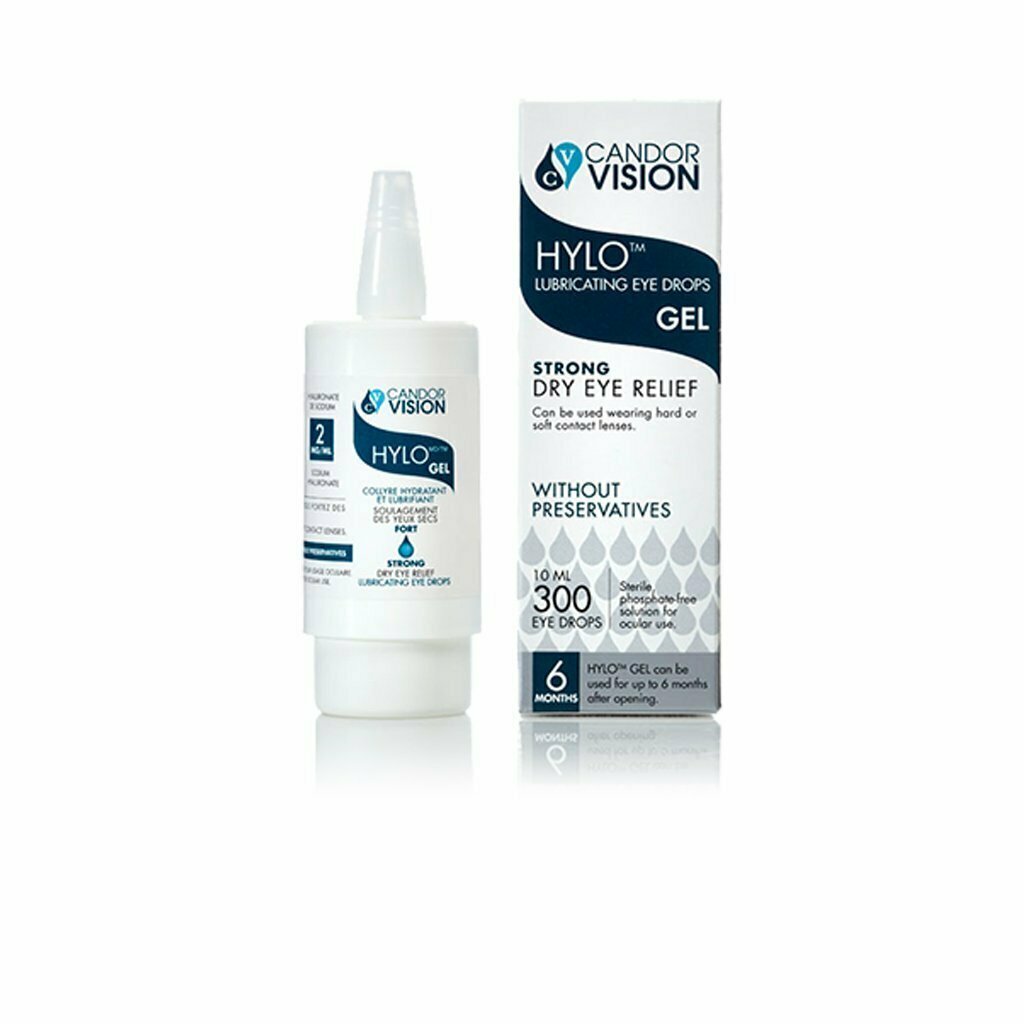

Sunglasses
WHY ARE SUNGLASSES IMPORTANT?
Many people are cheered by a bright, sunny day, but the effect of all that sunlight on the eyes is a less sunny proposition. UV and glare can create a variety of issues, from dangerous “snow blindness” to irreversible disorders that threaten your eyesight.
WHAT ARE UV RAYS?
UV stands for ultraviolet, a band of spectrum invisible to the eye. Ultraviolet light consists of UVA, UVB, and UVC rays. UVC rays are stopped in Earth’s atmosphere before they reach the eye, but UVA and UVB can both reach the eye and potentially damage it.
HOW DOES UV AFFECT UNPROTECTED EYES?
UV rays can cause proteins inside the lens to become opaque or cloudy, a condition known as cataracts. Cataracts can interfere with night vision, reduce your ability to see colors, and make reading difficult; they cannot be reversed, only removed. UV exposure can also cause retinal damage, changes in the eye tissues, and a temporary but irritating “sunburn” of the cornea called photokeratitis.
HOW DO I KNOW MY GLASSES WILL PROTECT MY EYES?
Choose glasses that claim to block at least 99 percent of UV rays — UVA as well as UVB. Look for label reading “UV 400,” since this designation means that the glasses block UV rays as small as 400 nanometers, providing 100 percent eye protection. Of course you need to protect your eyes from the glare caused by the visible spectrum as well. To accomplish this, select products that block 75 to 90 percent of visible light.
WHAT ARE POLARIZED LENSES?
Polarized lenses are specially designed to filter out certain types of glare that tend to radiate upward from horizontal surfaces when sunlight bounces off of these surfaces. They are recommended for tasks such as boating, fishing, skiing, golfing, jogging, and driving. Most polarized lenses will bear a label identifying them as such.
WHAT ADDITIONAL TYPES OF PROTECTION SHOULD I CONSIDER?
If you worry about light, including harmful UV, leaking in through the sides or top of your sunglasses, wear a broad-brimmed hat to reduce some of this exposure. If you use prescription eyewear to correct your eyesight, you may also want to think about getting a pair of UV-blocking contact lenses in your prescription. These lenses may be worn alongside a non-prescription pair of sunglasses for optimum eye protection.
HYLO Gel - Lubricating Drops 2mg/mL
When should HYLO®Gel be used?
HYLO®Gel was developed for patients with more severe and persistent dry eye, who require more intensive, therapeutic lubrication of the ocular surface.
Why has your doctor recommend using HYLO®Gel?
HYLO®GEL:
- Offers STRONG and long lasting dry eye relief.
- Provides intensive lubrication of the surface of the eye.
- Is preservative free and are usually very well tolerated.
- Is phosphate free, avoiding complications like deposits in the cornea.
How does HYLO®Gel work?
HYLO®Gel eye drops contain the sodium salt of hyaluronic acid, a substance found naturally in the eye and other parts of the body. Due to its special physical property, HYLO®Gel forms a regular, stable, long lasting lubricating film on the eye surface. This film is not easily rinsed off and does not cause blurred vision. HYLO®Gel provides long-lasting moisture to the surface of the eye to efficaciously support the natural process of healing.
HYLO®Gel:
- Contains 2mg/mL Sod. Hyaluronate, a citrate buffer, sorbitol and water.
- For the intensive, therapeutic lubrication of the ocular surface in more severe and persisting dry eye sensation including treatment after surgical procedures.
Who can use HYLO®Gel?
HYLO®Gel is suitable for all ages, for pregnant women and during lactation.
When should you not use HYLO®Gel?
HYLO®Gel should not be used if you are sensitive to any of the ingredients.
As HYLO®Gel is preservative free it is well tolerated even when used over extended periods of time. In very rare cases hypersensitive reactions like burning or excessive tearing have been reported which stopped immediately when the use of HYLO®Gel was discontinued.
Is HYLO®Gel suitable for contact lens wearers?
HYLO®Gel relieves the symptoms in case of more severe or persistent dry eye sensation. If your eye doctor does not mind you wearing contact lenses in spite of these troubles, you may use HYLO®Gel while you are wearing hard or soft contact lenses. However, in these cases, there may be some smearing on the contact lenses that will disappear after blinking a few times. HYLO®Gel is compatible with hard and soft contact lenses.
Have questions about sunglasses?
Let us know how we can help.

